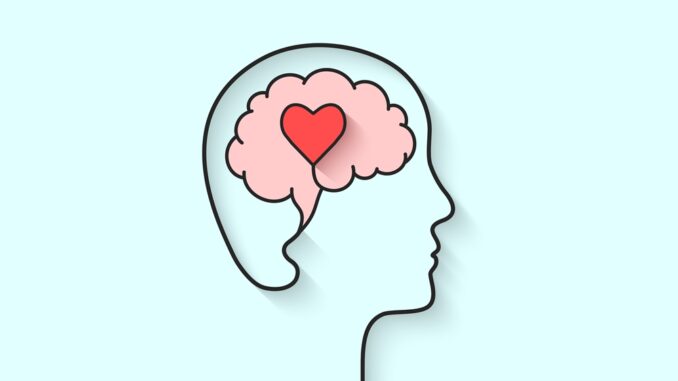
Keeley Gorman ’20
Our nation has been under a sort of quarantine for roughly two months now. Time has moved at a snail’s pace, seeming to simultaneously speed by. We are all left repeating the same days inside for months on end, wondering when life will go back to normal. Being in quarantine can lead to a general restlessness in people, symptoms ranging from poor sleep to increased substance use. This period of self-isolation is taking a large toll on our collective mental health as well as worsening people’s pre-existing issues.
A study published by The Lancet has identified the effects of quarantine to be quite detrimental to mental health. The stress of the coronavirus has exacerbated post-traumatic stress symptoms along with anxiety, depression, and addiction. Essential workers are facing debilitating conditions that make them more susceptible to the virus and more likely to develop mental health disorders or relapse.
As dismal as it may sound, quarantine is necessary, and its negative side effects are somewhat unavoidable. Though the mental health care system in the United States needs to be fortified, there are wonderful resources currently available if you find yourself struggling which I will leave at the bottom of this article. Remember that there is no shame in asking for help or utilizing these resources. Stay strong!
Crisis Text Line: 741741
National Suicide Prevention Hotline: 1-800-273-8255
https://www.betterhelp.com/